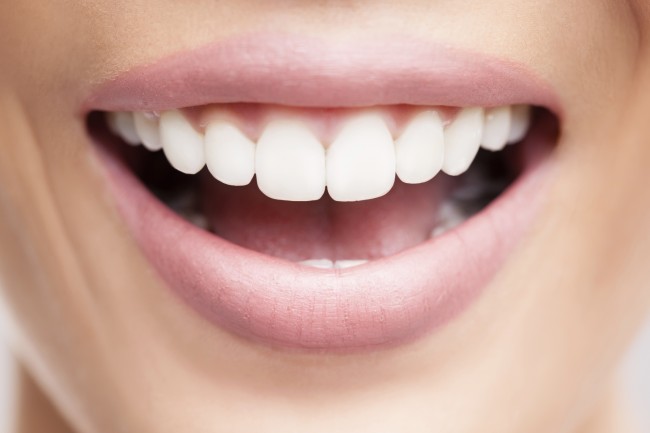You already know that an allergic reaction can lead to hay fever, but do you know that hay fever can cause bad breath? Here is some information on how it happens and how to remedy the situation with the appropriate hay fever medication.
An Allergy Can Lead to Bad Breath; You Need Hay Fever Medication
You may have not pondered upon this, but hay fever can actually lead to bad breath. In this regard, you will need the appropriate hay fever medication to combat the bad breath and alleviate symptoms of allergy at the same time. In most cases, hay fever is caused by an allergic reaction to something, such as pollen grains, pet hair, dust or other forms of micro particles, when inhaled. When these particles get into the throat and the lungs, they irritate the tissues surrounding airways. At the same time, the body will detect these foreign materials and initiate mechanisms to get rid of them. Some of the main symptoms associated with allergic reactions include an itchy sensation and watery eyes. When the eyes become watery, the tears drain into the nostrils. The increased amount of tears in the nostrils, in addition to the inflammation of the nasal cavity will, in turn, increase mucus secretion. As a result, the patient will develop post nasal drip, an environment that is ideal for bacterial growth.
Bacterial Growth Will Lead to Bad Breath
As bacteria continue to thrive and multiply in the nostrils, the patient will develop bad breath. In some cases, the nose will be clogged, making you unable to detect what other people around you are smelling. However, there are other cases when the patient’s nose will not clog. In such a case, the patient will detect a rancid smell emanating from the nose, in the form of breath. This condition is referred to as halitosis nose. When this happens, many patients will go for over the counter (OTC) hayfever medications, such as antihistamines. Such medication will slow down or even stop mucus production, and the runny nose symptoms. However, this may create an ideal environment for the odor causing bacteria to multiply. This implies that the symptoms of allergy will be alleviated but the bad breath will persist.
Dealing with Halitosis
In addition to taking the appropriate or prescribed hay fever medication, it is advisable to wash your hands and face the moment you start experiencing a fever. Additionally, you should also take a lot of clean water to keep your mouth moist and prevent the bad breath from becoming offensive. It is also advisable for the patient to brush and floss his teeth and tongue at least two ties a day.
To prevent bad breath, as a result of hay fever, you should stop taking dairy products the moment you are diagnosed with a cold or hay fever. This is because such foods will lead to the thickening of mucus and worsen coughing in hay fever patients. If your nostrils are clogged, you may use a salt water solution to rinse your nose every now and then. This will help clear the bacteria in your nostrils, hence get rid of the bad breath. Although your doctor will prescribe the best hay fever medication for your condition, you will still need to find a remedy for the bad breath.

